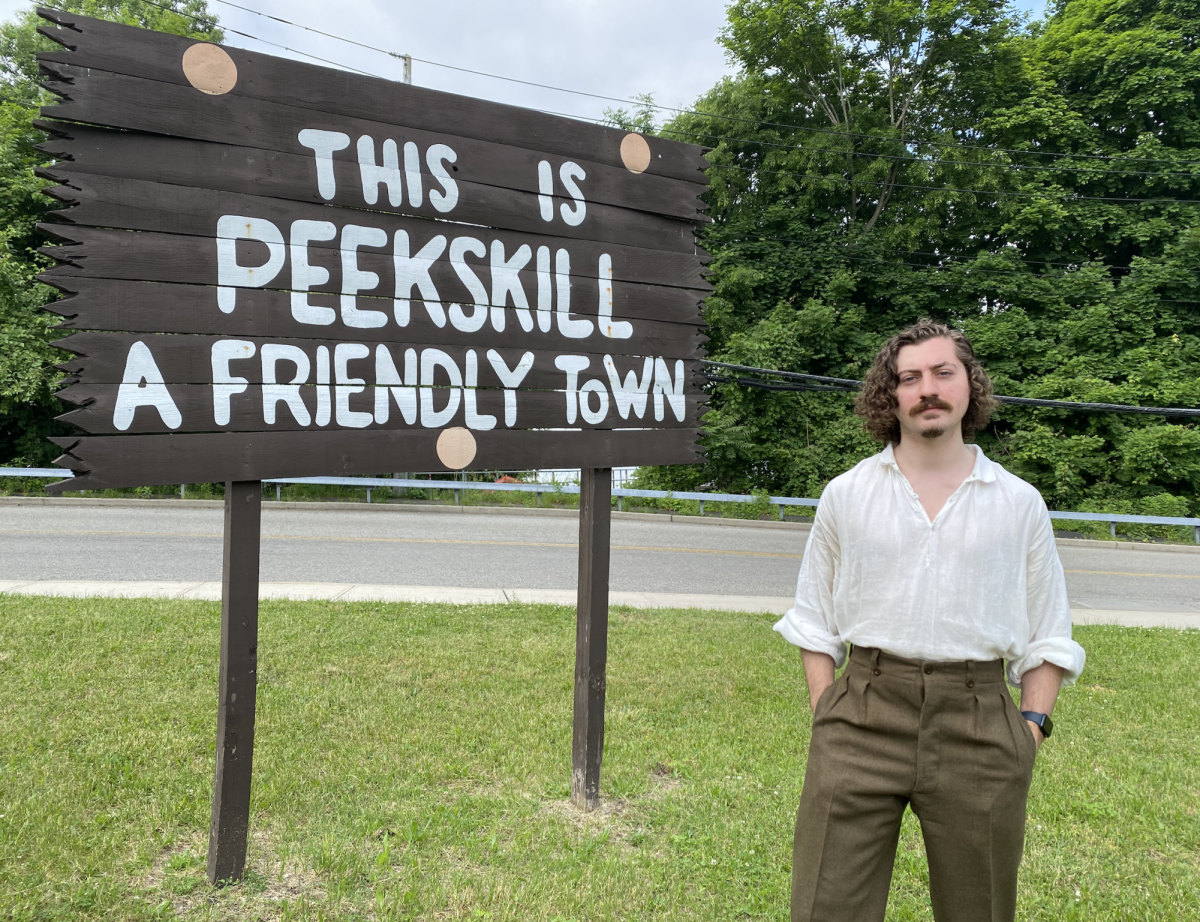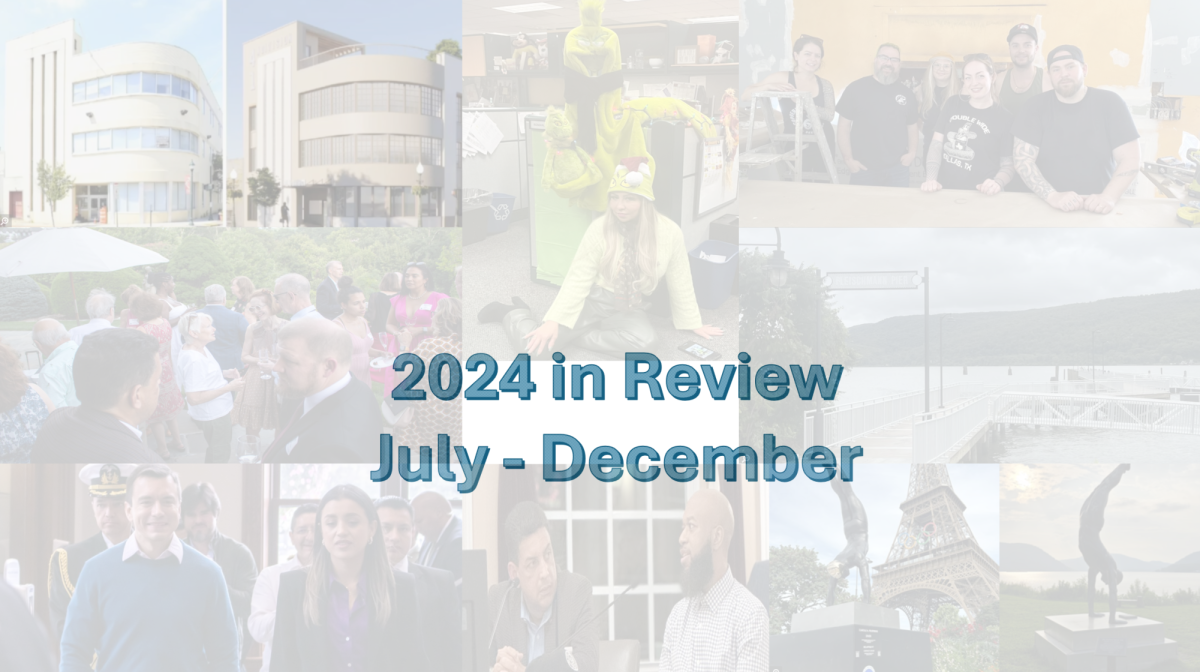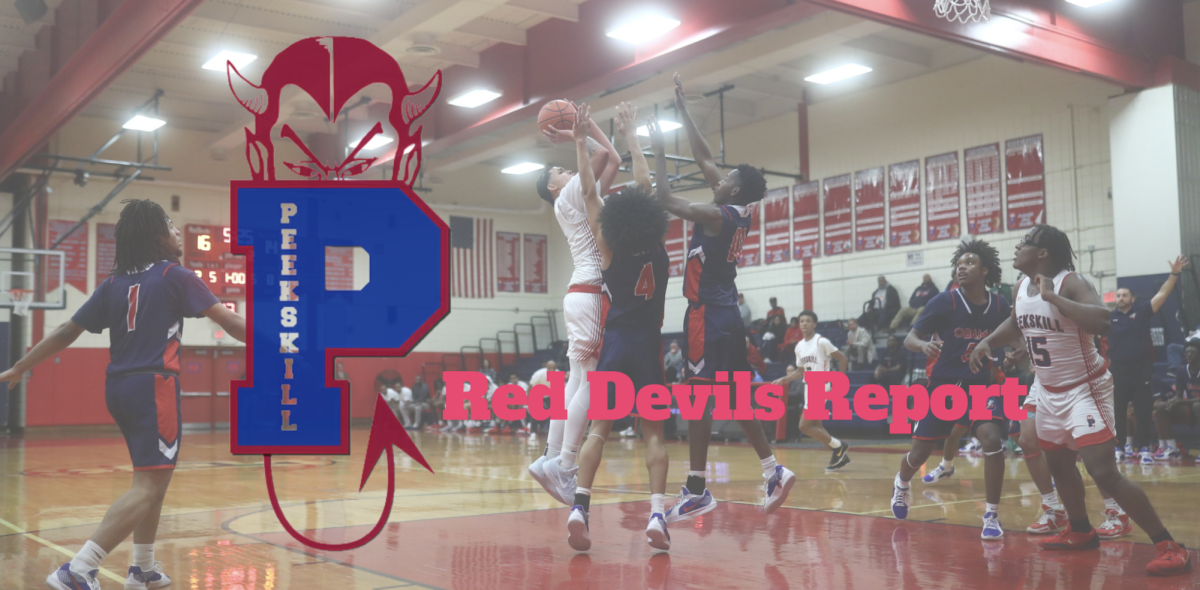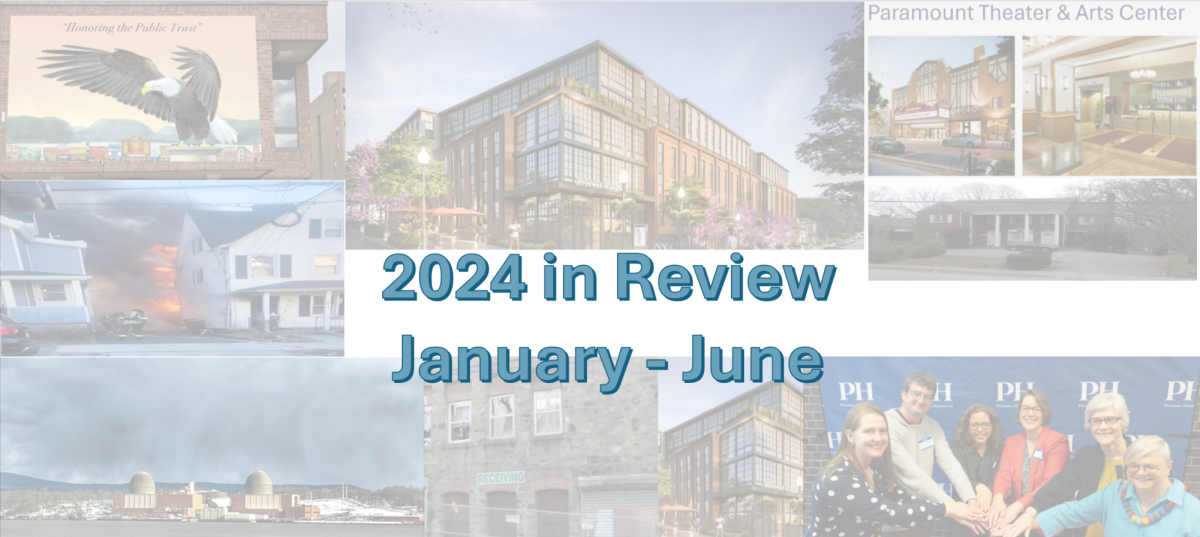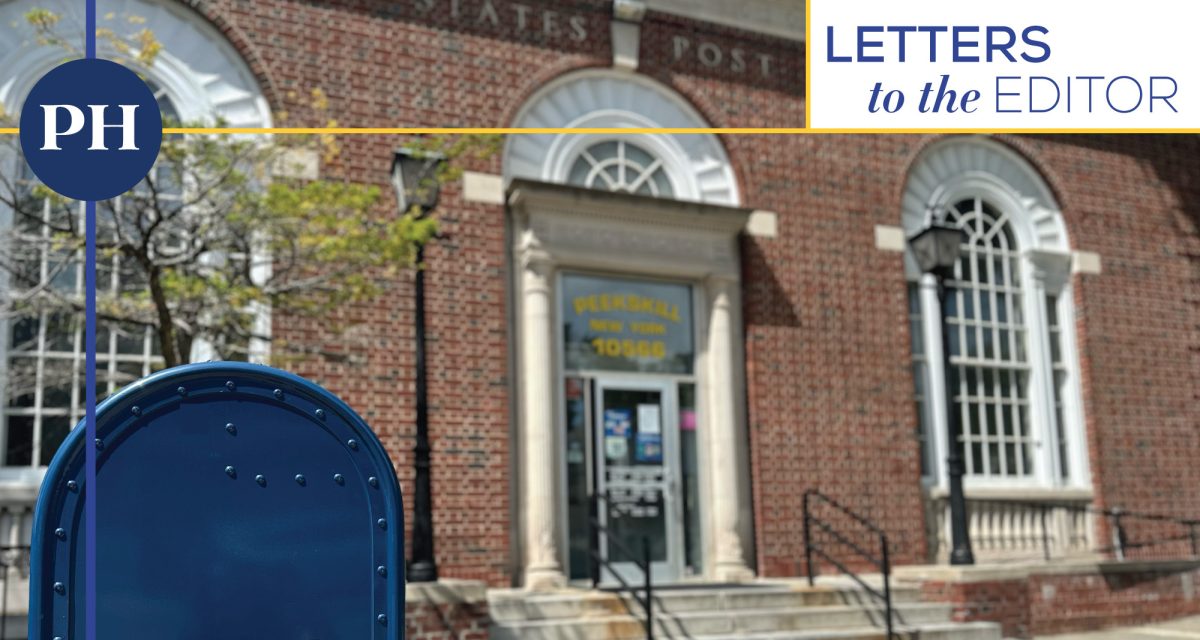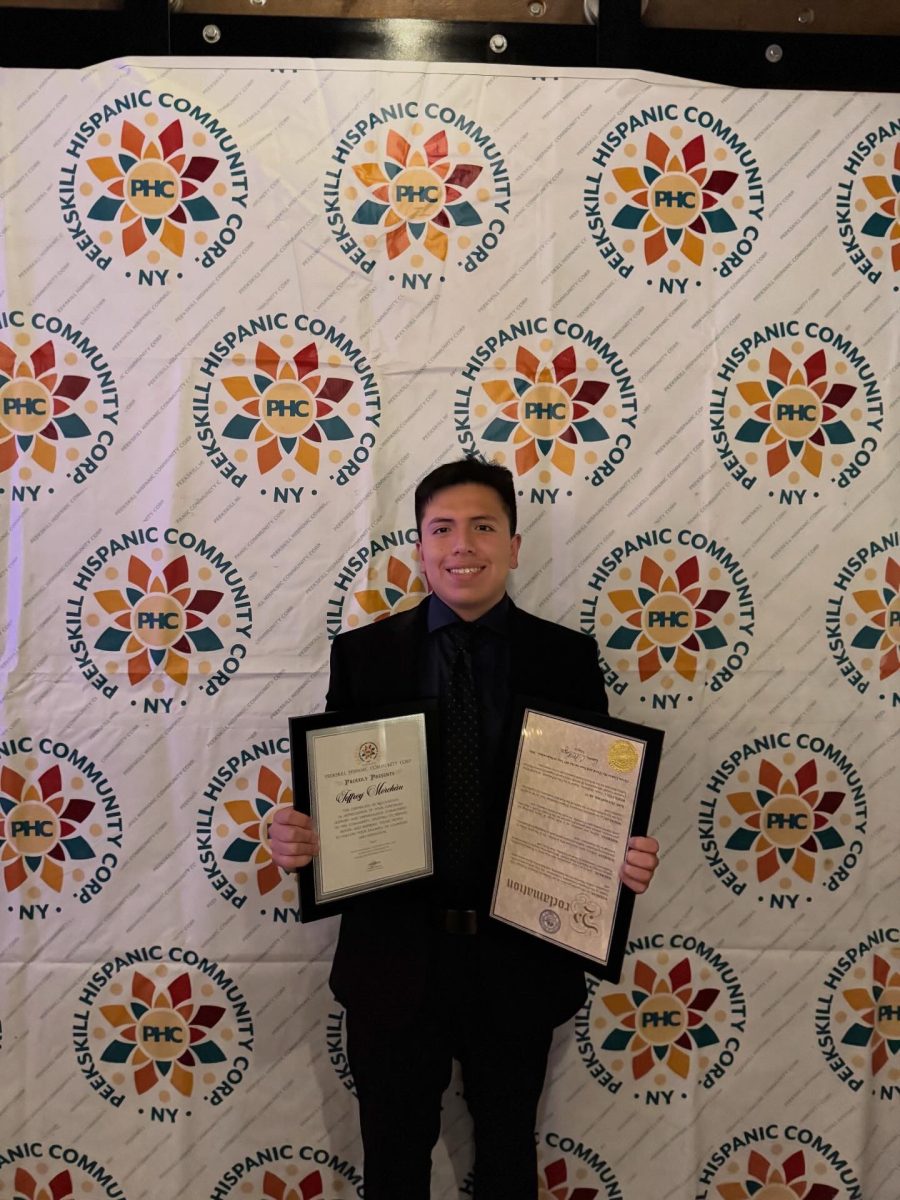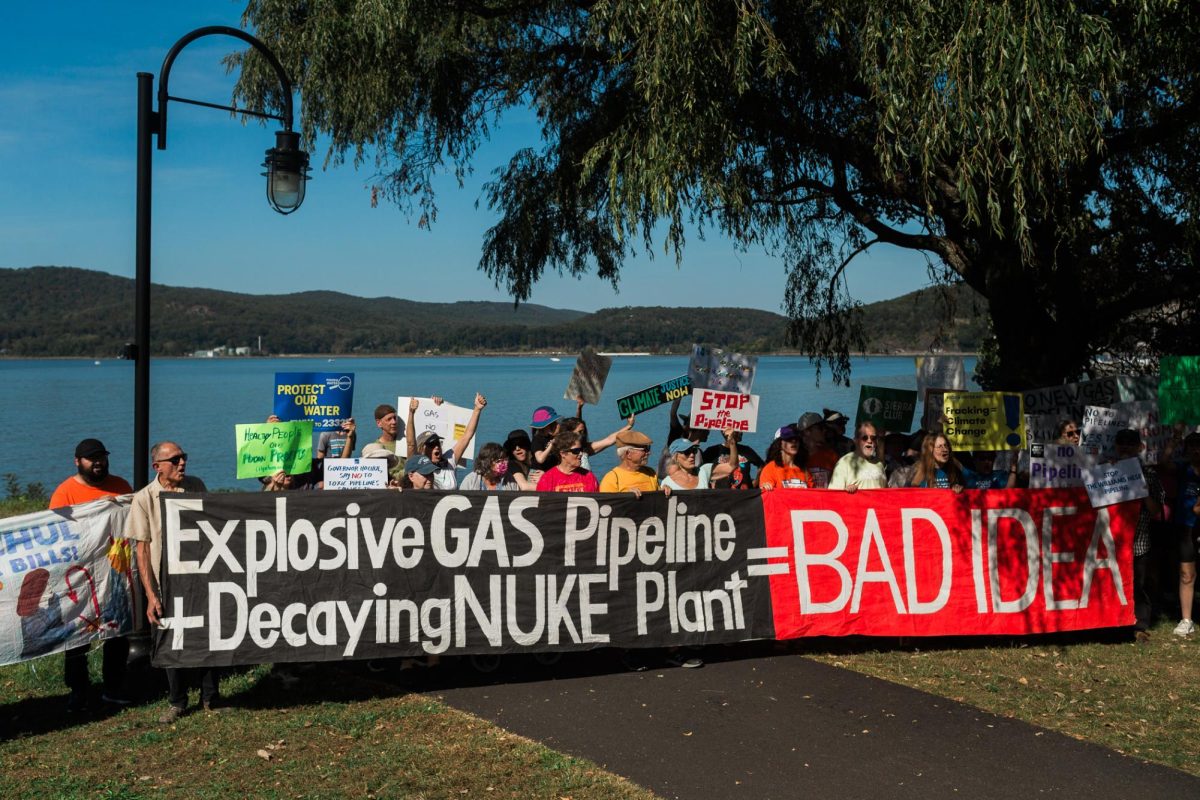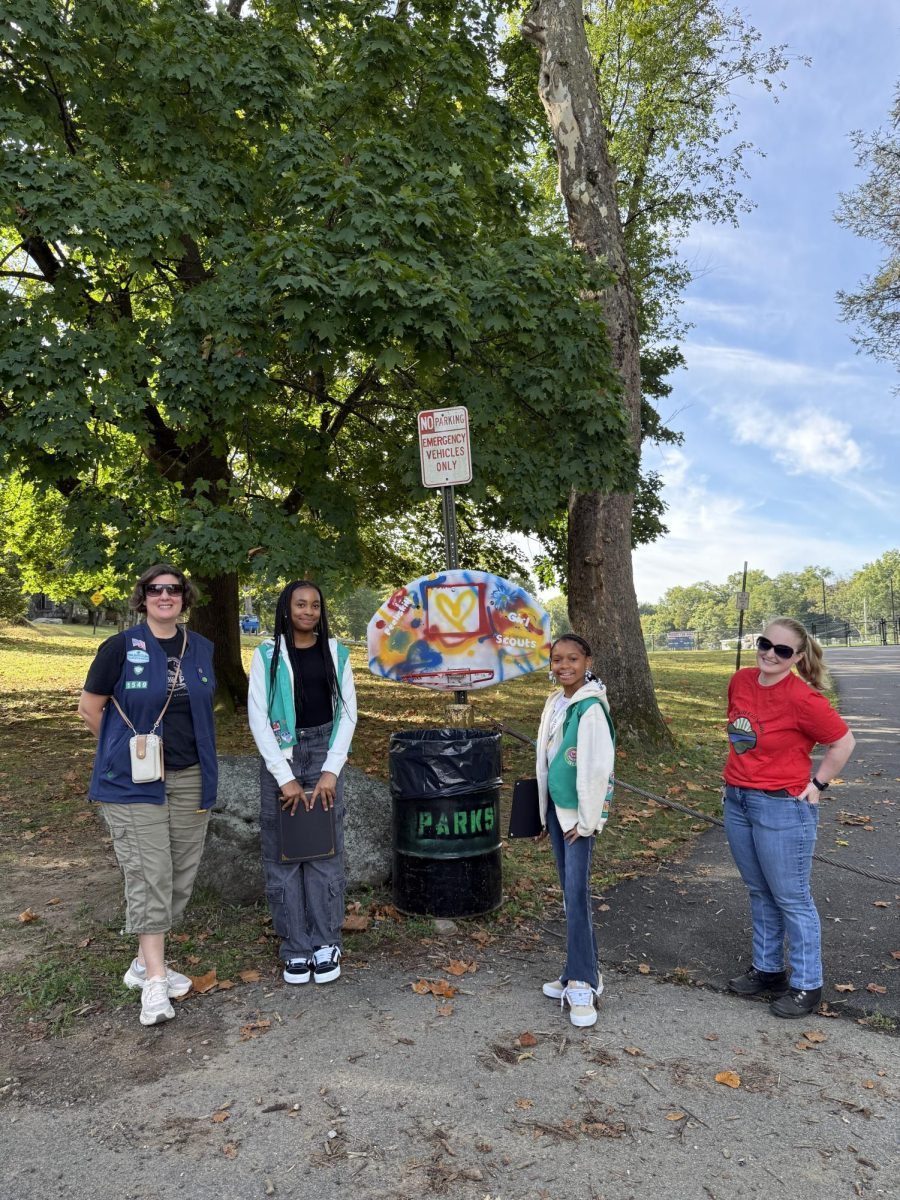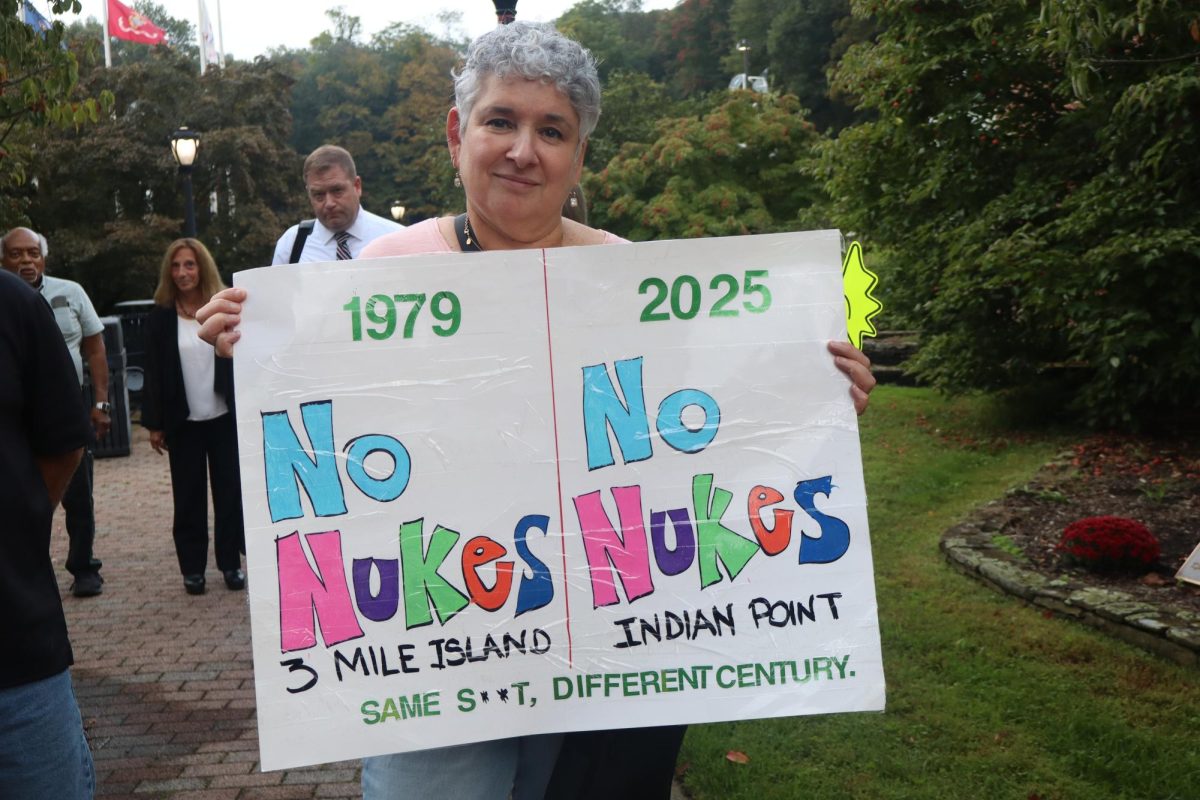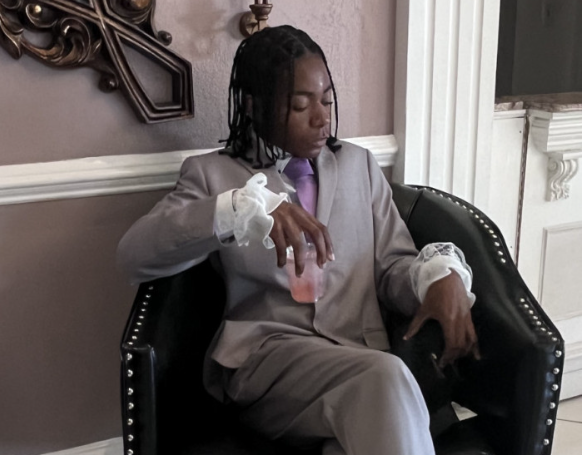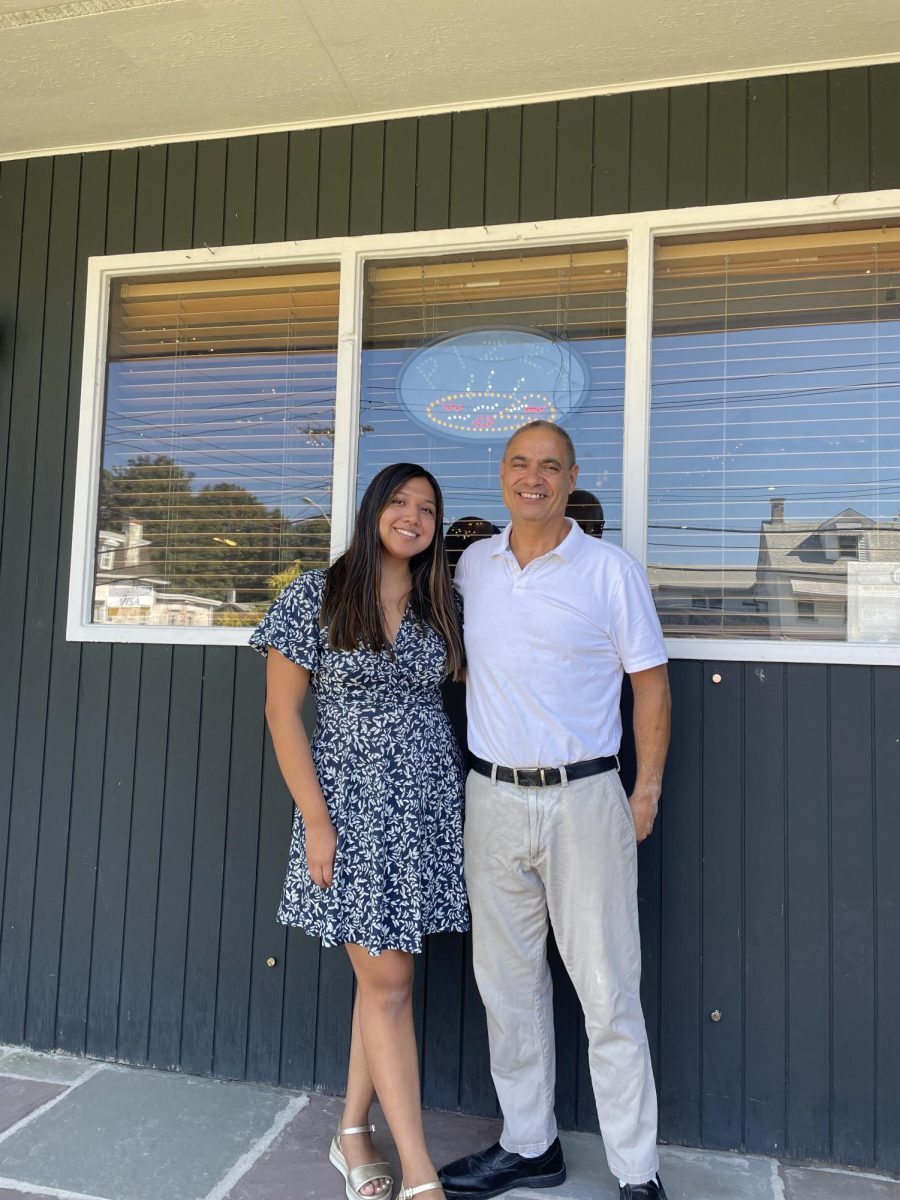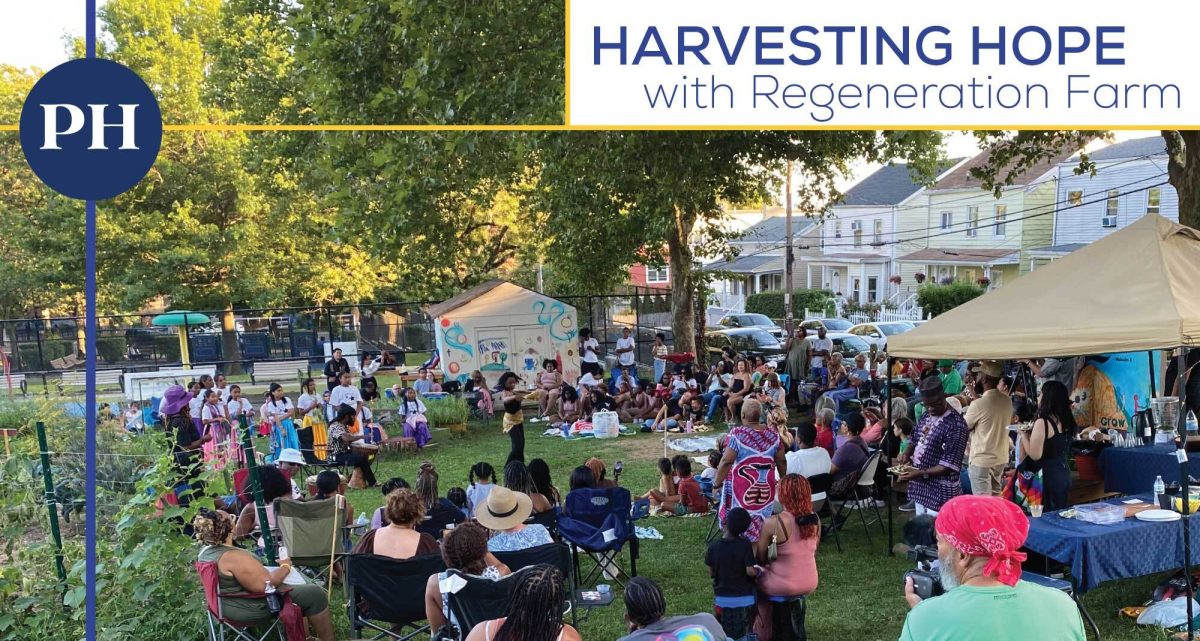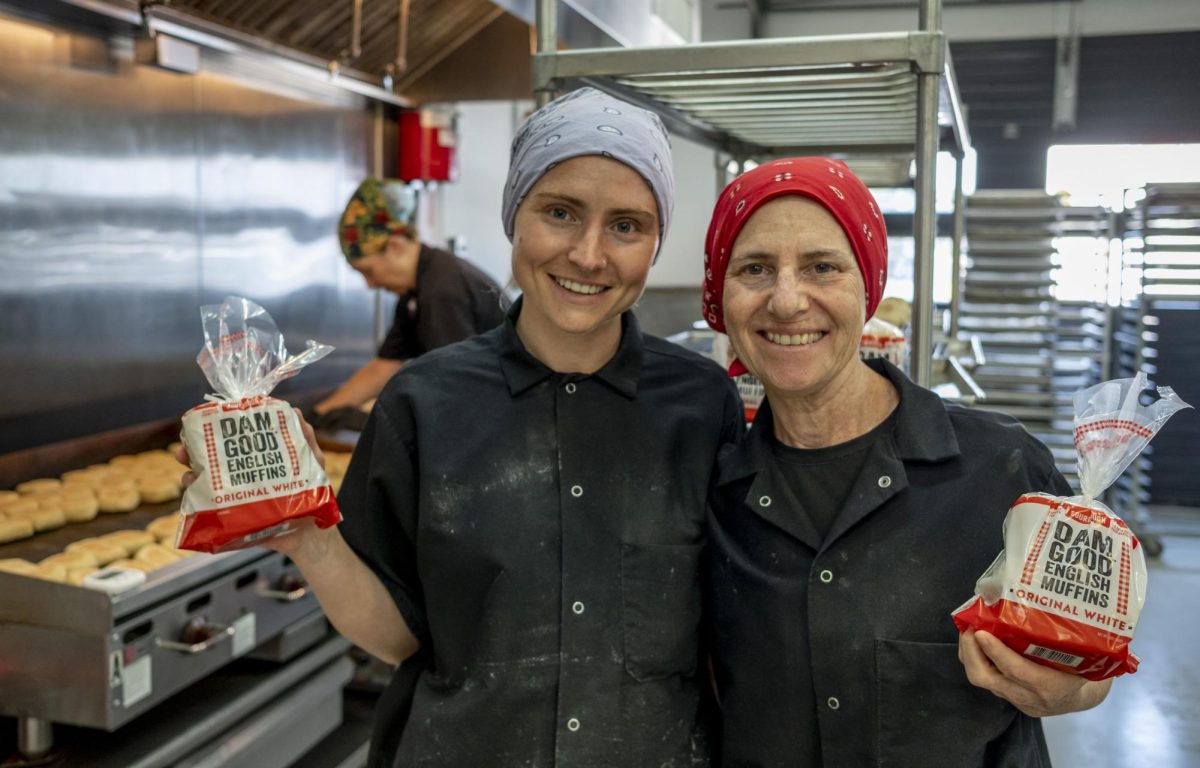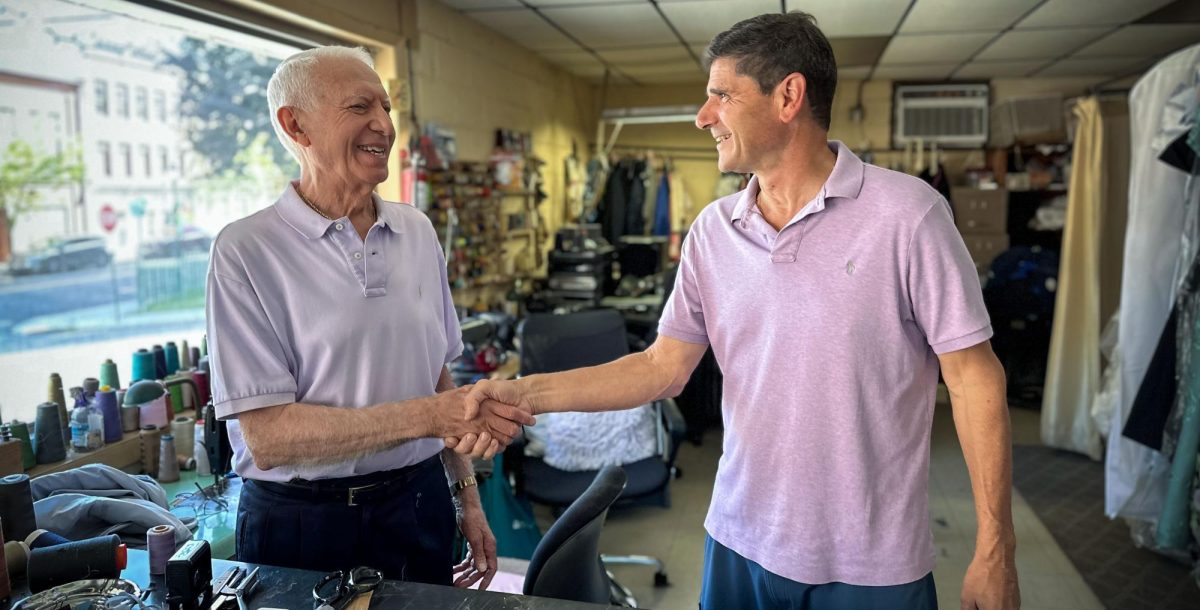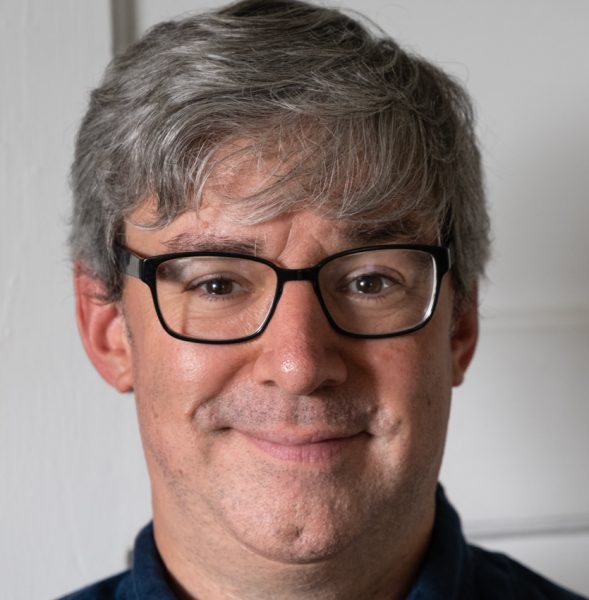Current Peekskill residents may not know that 75 years ago, their “friendly city” was a site of two violent riots. As written on The Field Library website: Paul Robeson, a black singer, actor, and activist, headlined two concerts outside of Peekskill on August 27 and September 4th, 1949. Local residents, galvanized by racist and anti-Semitic sentiments and disdain for Robeson’s left-wing views and campaign for civil rights, started two riots that resulted in hundreds of injuries, made national news, and unofficially marked the beginning of the McCarthy era, which would nearly erase Robeson from the public consciousness.
Paul Robeson and the events of the summer of 1949 are back in the spotlight thanks to the new docuseries, “The Peekskill Riots”, by Putnam Valley filmmaker, Jon Scott Bennett. After the release of his film, “The Leatherman: An American Vagabond” in 2022, he has spent the last two years researching, writing, filming, and assembling “The Peekskill Riots.” As he rolls out each of the five parts of the series, he has been screening them at The Field Library in Peekskill and other locations in and near Westchester.
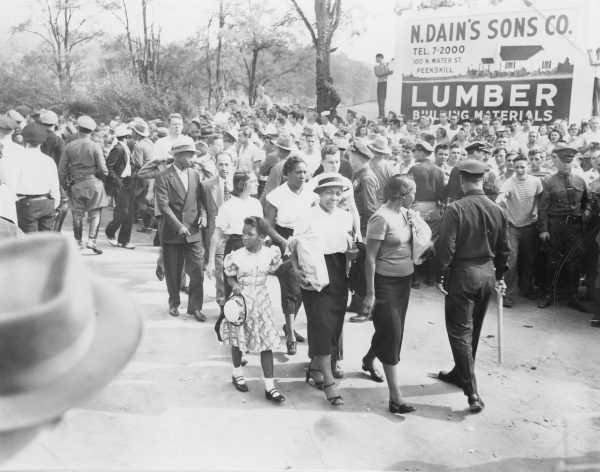
I spoke with Bennett about the project, his experiences, and the support he’s gotten from local historians and archivists to make it all possible. When the script became way too long for a single film, he knew it would work best as a series – so he set out to tell his story in five parts. “I could either cut a lot of the detail and make a singular film the same length as my other ones,” he explained. “Or, I make a series where I can preserve a lot of the detail I feel is important in talking about the story in ways it hasn’t been talked about before. And nobody wants to watch a five hour movie.”
It takes a village to pull off a project of this size and scope and Bennett is grateful for the people who really helped push things forward. “Sarah Scott at the Field Library has been phenomenal in helping me with research, in going through the archives and making connections in Peekskill and of course, making these screenings happen,” he said. “I owe her a lot for everything she’s done and is still doing now.”
Bennett also credits former city historian Frank Goderre with providing a wealth of photos and information for the project. “He has the largest collection of photos of the Peekskill Riots,” he said, “and as we started talking more and more, he started providing information about Peekskill – research, books, anecdotes – he communicated the importance of contextualizing Peekskill as a character of its own. He really helped shape a lot of research of the series. He has been a great ally.”
Bennet, 22, is intimately familiar with the character of Peekskill. “Before I was making documentary films, I was a musician and I would come here to do informal jams, hang out at Division Street Guitars, and I was kind of plugged in to what was happening musically in Peekskill.” He holds a B.A. in history from Manhattanville College in Purchase. A lifelong fascination with history and passion for video and storytelling was born out of making short movies with his friends as a kid and paved the way for a career in filmmaking.
Another big draw for Peekskill in Bennett’s eyes is this region’s beauty. “I tell people this is the most beautiful waterfront on the Hudson,” he explained. “Not to disrespect other cities but there is just something about this 180 [degree] view of the Hudson as it bends that has inspired artists for centuries.”
Bennett told me he’s been happy with the audience response to the local screening events he’s been holding. “The goal is to get into the heart of the communities here,” he said. “There are a lot of people here who have never heard of this [the riots] or have never heard just how deep this story goes. I was one of those people too up until a couple of years ago. It teaches us lessons now about how such a thing could happen. The national elements, the local elements that could make such a thing happen – that’s relevant anywhere but also because of somebody like Paul Robeson who was an international star, deserves to have an international legacy as such an amazing artist and activist.”
The Peekskill Riots: Episode One, The Mighty Oak in the Forest was screened at the Field Library on March 30. That installment establishes who Paul Robeson was as an artist, activist, and voice for the working people of the world. Sadly, the riots helped create a virtual erasing of his accomplishments and historical context which Bennett hopes will be reconsidered as we look back on these events from 75 years ago. Episode Two, The Friendly Town By The River was screened by approximately 40 people on Saturday at the library and included a Q&A session with Bennett after the showing.
He’s currently putting the finishing touches on the final third episode and is setting his sights on finishing by the end of the year. Stay tuned for additional screenings in the area. The series is also available on Bennett’s YouTube channel with new episodes being made available as they are released.
Bennett’s enthusiasm for the project is infectious and he’s feeling good about the potential of this story to bring awareness to who we were 75 years ago and who we are today. “It’s so important to be grassroots,” he said. “To get people here to understand the history. We as a community can get together and say, ‘These things happened here, but we can change from that, we can move forward by recognizing it rather than dismissing it.”




